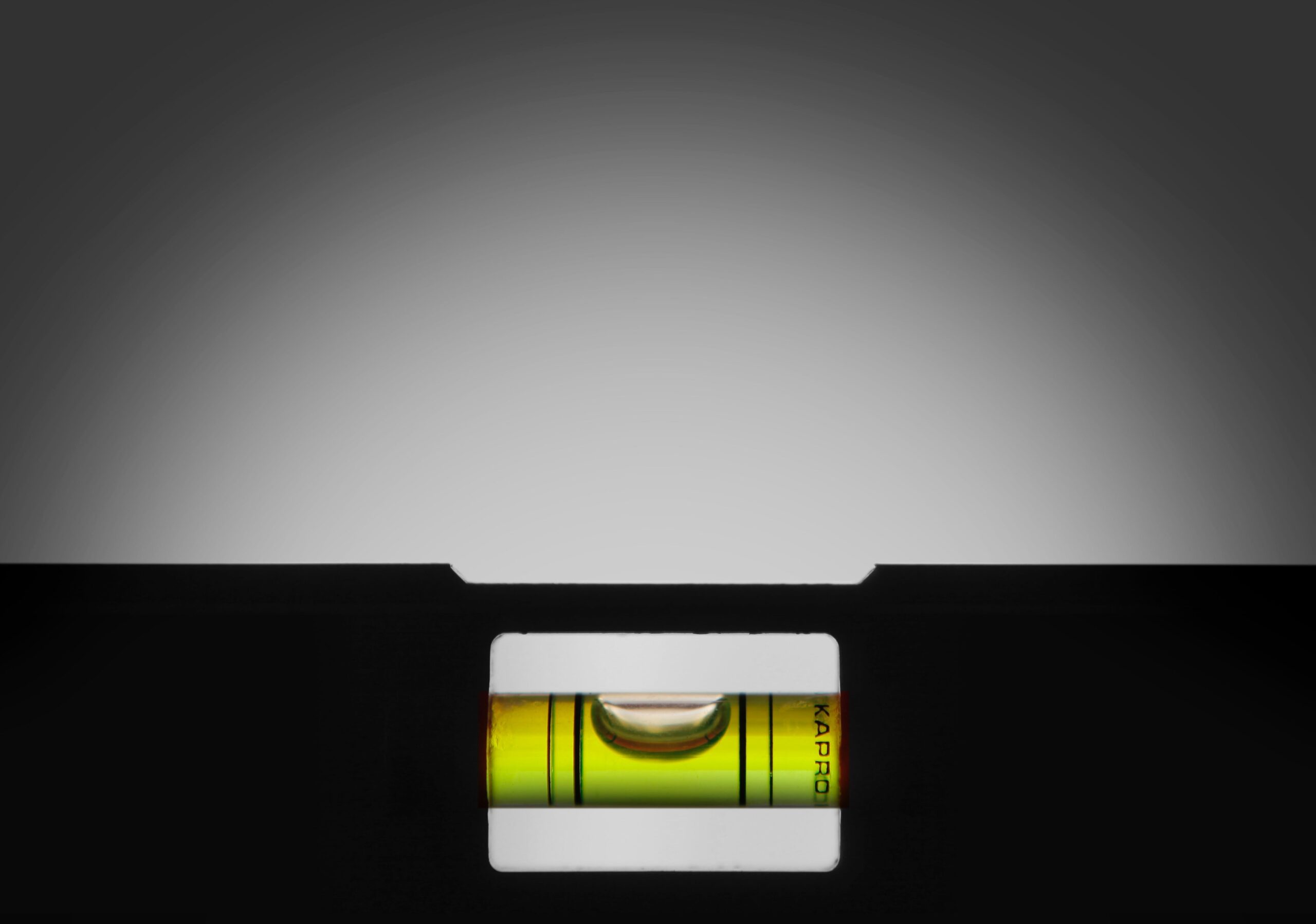“Peace is not the absence of conflict, but the ability to cope with it”
–Mahatma Ghandi
I’ve been studying English literature all my life but shamefully, I’ve never really understood James Joyce. If you’ve ever opened the tome, Ulysses, it’s as close to a foreign language as English comes. The amount of allusions, references, literary techniques obscuring narration, switches in point of view and random flashbacks make Faulkner look like Dr. Seuss. It’s borderline unreadable, and this is coming from a scholar of language.
But Jonathan, a pseudo-senior at a prestigious Ivy League school understood it all: every reference, every character, every structural detail, on par with the professor. You could turn to a page and Jonathan you what was happening in the narrative, who it was about, what was referenced, and what Joyce’s intention was in writing it. In a thousand-page book, the knowledge to have all that data was truly encyclopedic (I speculate he has read about 50% of all wikipedia articles in existence), and the intelligence to diagnose the text that way was elite; elite elite. There are probably about a thousand students worldwide who have that type of ability.
But it didn’t matter. Jonathan was virtually unable to open the book by the time he reached me, much less write an essay. Even thinking about working on the large essay that he had been granted a lengthy extension on was enough to paralyze his mind. It sent him into a sort of apathy or indifference in outward manifestation on most days. Some days he was able to approach the material, able to at least discuss it, but only with great apprehension. Worst of all, he was painfully aware of his own arrested mental state. He would pose questions like, “How am I supposed to hold down a job like this?” And perhaps it was this very self-consciousness was the culprit to begin with.
Perfectionists are essentially always painfully self-reflective, highly in tune with their own shortcomings, entirely preoccupied with them. It may be the most crippling of all anxiety disorders from an academic standpoint. You can get by if you have substantial social anxiety by working on your own, and if you have anxiety related to slow processing or dyslexia, you can make incremental progress if you accept your own shortcomings and develop strategies to overcome them. There’s a clear playbook for these conditions. But perfectionists often grind entirely to a halt academically, crippled to the point of catalepsy, and the way forward can be abstruse, like negotiating the space between two mirrors vis-à-vis.
The parents are typically well-intentioned, highly educated, and highly ambitious. While that personality type for a parent doesn’t lead automatically to a perfectionist, give the right genetic predisposition towards similar ambition, heightened intellect, and extremely well-tuned self-conscious vision in a child, the combination is what leads to perfectionism, and sometimes to extreme degrees. I would hesitate to place blame, though, and not just because I consider myself a well-intentioned, highly educated and highly ambitious parent, but because these can be outstanding parental qualities, even with more vulnerable child personality types, if the dynamic is managed effectively. The key is that there needs to be another voice for that young student that they trust, to triangulate their inner-monologue, to form a place of better stability.
With Jonathan in particular, it was lucky we had a lot in common. Despite the fact that I was bumbling and lost in Ulysses, we shared an proclivity for literature and other humanities, and often we opened our sessions talking about other books, art, and popular culture. He was able to slip into an angle of authority and I one of deference in many of these topics given how much he knew, so that immediately lowered his defenses. We also both loved the New England Patriots, so we spent much of our time discussing the ins and outs of a complex season that fall for the team. Often I needed to reassure Jonathan in subtle ways that these digressions were okay, so singularly driven was he in turning to his work. Intuitively these social interactions independent of the academics can seem counterproductive to student and parent alike. However, I would assert they’re ironically more important than the actual focus on academics in accomplishing the academic work. This may seem contradictory until we realize that the relationship between any instructor and their student is inextricably linked to the emotional quality of the relationship between the two. How much do we really learn from the teachers we despise and reject as authorities, too caught up in the shortcomings of their character? And on the flipside of the coin, is there any limit to what we can gain from someone for whom we worship and adore? The relationship between tutor and student is everything, so it needs attention, it needs tending, it needs to be nurtured or it’s all a waste of time.
Once I gained his trust in entering the complex inner world of his ego, I pumped it full of the sunshine it so desperately needed. At every genuine opportunity, I expressed how impressed I was with him knowledge of visual art, music, popular culture, and definitely the novel. I don’t think it’s hard for anyone to find these positives in a child, but expressing them can be a challenge, given that it takes some level of vulnerability; paradoxically, as we age we seem to be more able to positively impact others but less able to air our own shortcomings. We praise, but leave ourselves out of it. It comes off as artificial, “phoney” to use a Holden Caulfield term. But giving him this medicine produced a palpable sense of relief, like antiseptic on a festering scrape. He was calmer, more focused, more ready to approach his academics overall.
This didn’t solve his perfectionist tendencies overnight. The morass typically runs very deep in these cases, particular of those with profound intellect as his was. So I instituted a form of pseudo-psychological CBT therapy called “exposure,” a program that involves a gradual exposure to the source of anxiety to produce tolerance and confidence in leaning into it. The innate tendency is for us to escape sources of discomfort, which only teaches escapism and avoidance if repeated, the last thing we want. So to develop this tolerance academically, we began in small doses.
The first time we tackled Ulysses, we simply talked about portions of the novel, and particularly the ones he knew extremely well, and we did so only obliquely, without even opening the text. The next time, we used the book itself. The following session we tackled some parts that he was not as confident on, but still only continued in our discussion. After we had spent a week in that manner, we turned gradually toward to major essay he was meant to write on it. First, we only talked about potential topics, then possible thesis questions, then the selection of one (hard enough on its own), then the structure to use and the outline. By the time we got to the stage of writing the introduction he was gaining momentum rapidly. Combined with the sincere positive reinforcement of his capability, he was able to begin to lean into his discomforts. This is not to say they vanished overnight by any means. He still had days where it was very difficult for him to begin and talking about popular culture or the Patriots took up large portions of time; progress certainly isn’t a straight line. And regardless, perfectionism is a permanent condition. It won’t vanish ever. It will be with him for life. But that doesn’t mean there aren’t different ways of approaching that mental pathology that aren’t less destructive.
By the end of the month, he was well on his way to completing the lengthy 20 page essay on Ulysses, nothing short of miraculous, given where he was when he first began. He and I had grown very close: he texted me about the Patriots, about music he recommended for me, visual arts. When he returned to school for the spring, we continued to work together on material that was way over my head: computer science, logic, discrete mathematics. But it was enough that I was there with him, grounding him, allowing him to face the uncomfortable feelings that continued to produce avoidant behavior periodically. As time went on over the course of that semester, we began to meet less. He was able to work more independently, as he developed more confidence in his own ability to conquer his anxieties through a more productive mindset. He had to take an additional semester’s worth of courses, but Jonathan eventually went on to graduate to the extreme pleasure of his parents and join the professional world.
We still keep in touch to this day. He still has days when it’s all too much for him, when he’s unable to accomplish anything at all, he always will. But we all have our moments, even as adults. We all have days when we can’t function up to the demanding standards that we set for ourselves internally. The key is to be able to live with the reality of this tension peaceably and consciously, to live between two irreconcilable voices and still function.






